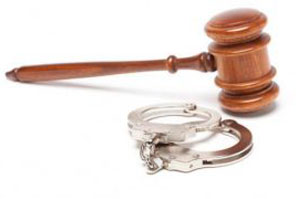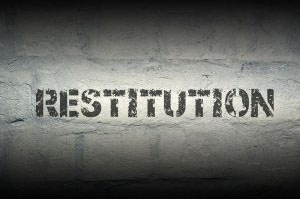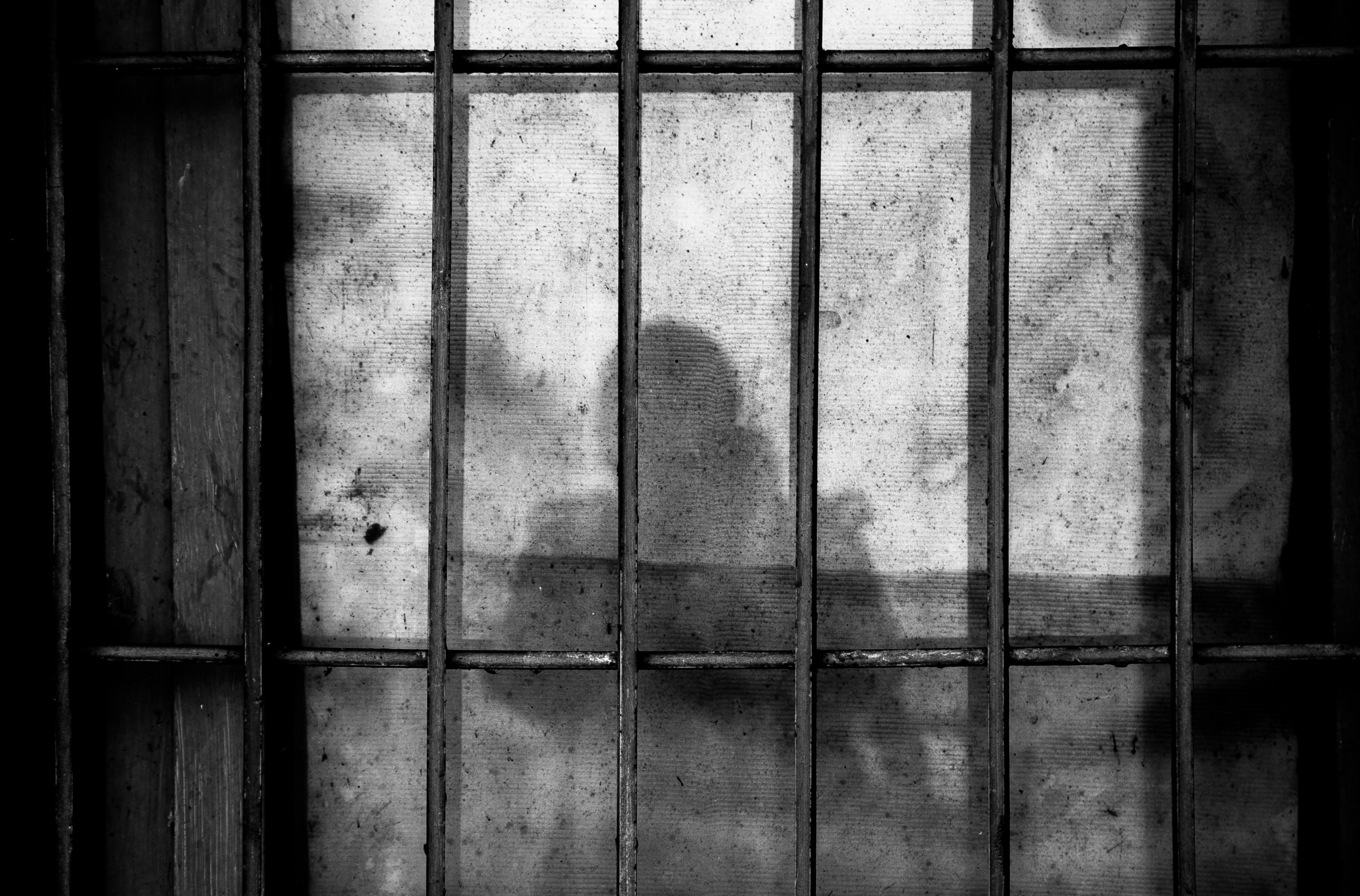Nolle Prosequi and Withdrawal
Article 88(3) of the 1992 Constitution gives power to the Attorney General to initiate and conduct all prosecutions on behalf of the state. In the conduct of this duty, the Attorney General is given certain powers. Two of such powers are the power of nolle prosequi and withdrawal. This piece looks at how these two concepts operate in the Ghanaian criminal justice system.
Nolle prosequi, a latin term meaning; ‘I do not want to continue the prosecution’, is an indication given by the Attorney General that the Republic of Ghana is no longer interested in proceeding with the matter under trial. The power to enter a nolle prosequi is provided for under section 54 of the Criminal Procedure Code, 1960 (Act 30). The Attorney General enters a nolle prosequi by indicating in open court or by informing the court in writing.[1]Previously, the Attorney General may delegate this power and any person exercising this delegated power must have an express authorization from the Attorney General.[2]However, in Republic v Dr. Adu Tutu Gyamfi, the Court of Appeal pointed out that a nolle prosequi may be entered in the absence of an express authorization from the Attorney-General.[3]
Nolle prosequi can be entered at any time during the trial or before judgment or verdict is given. A nolle prosequi entered by the Attorney General is not subject to any judicial enquiry or review,[4]unless it offends the use of discretionary powers.[5]Upon the entry of a nolle prosequi, the accused person is discharged. However, this does not prevent the Attorney General from instituting subsequent proceedings against him in respect of the same facts. It is important to stress that an acquittal on a criminal charge does not absolve one from civil liabilities. This means even if an accused in a criminal case is discharged and acquitted, the victim can successfully mount a civil action against the accused and succeed.[6] In between the period of his discharge and the institution of fresh proceedings, the accused person may bring an action against the prosecution for malicious prosecution,[7]which is grounded in the law of torts.
Withdrawal, as the name suggests, is an indication from the prosecution to withdraw the proceedings from a court. Just like nolle
Even though no law mandates the Attorney General to give reasons to the court when a nolle prosequi is entered or a case is withdrawn, we may infer that (from case law especially) that there is a duty on the part of the state to give reasons for its action. When an action is instituted in a wrong forum, the prosecution may take steps to rectify the error by entering a nolle prosequi and proceed to file the case in the appropriate court.[9]A nolle prosequi or withdrawal may be entered when there is substantial procedural error which is detrimental to the cause of justice.[10]Thirdly it is may be entered in respect of some or all of the charges when there is no substantial evidence to support the case of the prosecution in satisfying the elements of that offence or when there is no law under which the accused can be properly charge.[11]
Political undertones cannot be ruled out as one of the reasons why the prosecution may enter a nolle prosequi or withdraw a case. This may largely be associated with the fact that the Attorney General is appointed by the government of the day.
Even though nothing mandates the prosecution to give reasons for withdrawing from a case or for entering a nolle prosequi, it is important that the Attorney General exercises this discretion judiciously. This is more so in matters of immense public interest. charged may help build the confidence of people in the government of the day and the criminal justice system. The courts, on the other hand, may help justice delivery by reviewing cases where they think the discretion has been abused.
[1]Section 54 Act 30
[2]Republic v Adu Kwabena [1971] GLR 323
[3]Republic v Dr. Adu Tutu Gyamfi 2010 DLCA 3165
[4]Republic v Abrokwah [1989] 1 GLR 385
[5]Article 296 of 1992 Constitution
[6]Anarfi v Arthur 2002 DLHC 1163
[7]Yeboah & Ors v Boateng VII [1963] 1 GLR 182.S.C
[8]Yeboah and Ors v Boateng VII [1963] 1 GLR 182 S.C
[9]Bonsu Alias Benjilo v The Republic [1998-99] SCGLR 112.
[10]Boahene and Anor v The State [1965] GLR 229
[11]State v Agyeman, Asem and Boamono [1962] 2 GLR 67




Awesome piece,keep it up
Kudos
Well explained to the laymans understanding.
Keep it up
Insightful and illuminating. Looking forward to more educative pieces like this.
Insightful and reader friendly